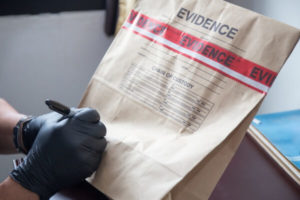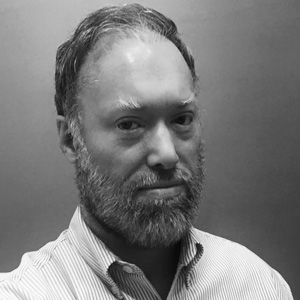Here in Greenville, SC, the State prosecutors often attempt to prove their criminal cases by use of what is called “circumstantial evidence.” Circumstantial evidence is distinct from what is called direct evidence. If you have been arrested and the case against you is built on circumstantial evidence, you are going to need the help of a good and trusted SC criminal defense attorney like the ones at The Law Offices of H. Chase Harbin.
Circumstantial Evidence vs. Direct Evidence

The attorneys at The Law Office of H. Chase Harbin know how to navigate around circumstantial evidence.
The difference between “direct” and “circumstantial” evidence is that direct evidence requires no extra-mental analysis on the part of the jurors — that is, no logical linkage is needed is needed with direct evidence. Over the last 15 years or so, the South Carolina Supreme Court has wrestled with the best jury instruction to give to properly explain the difference to jurors. This following (in part) is the most recent version that the Supreme Court has approved:
“There are two types of evidence which are generally presented during a trial—direct evidence and circumstantial evidence. Direct evidence is the testimony of a person who asserts or claims to have actual knowledge of a fact, such as an eyewitness. Circumstantial evidence is proof of a chain of facts and circumstances indicating the existence of a fact.”
The court goes on to explain that while circumstantial evidence can be used by the State and can point conclusively to the guilt of the defendant, the degree to which the State relies on such evidence must be based on the evidence showing guilt beyond a reasonable doubt. The behavior of the defendant cannot merely be portrayed as suspicious.
See State v. Logan, 747 SE 2d 444 (S. Car. Supreme Court 2013). However, in approving the jury instruction in Logan, the Supreme Court did not rule out the possibility that criminal defense attorneys could request alternative instructions based on other cases such as State v. Grippon, 489 SE 2d 462 (S. Car. Supreme Court 1997) and State v. Cherry, 606 SE 2d 475 (S. Car. Supreme Court 2004).
You need a skilled criminal defense lawyer
The complexity and variation of possible jury instructions is another reason why you MUST retain competent and skilled defense counsel if you are arrested and/or charged with a crime.
A couple of other notes: under South Carolina law, juries are not allowed to give different weight to direct evidence versus circumstantial evidence. Indeed, jurors are instructed that “[t]he law makes absolutely no distinction between the weight or value to be given to either direct or circumstantial evidence.” That being said, like direct evidence, circumstantial evidence must be still be proven beyond a reasonable doubt.
A quick example from the Cherry case illustrates what circumstantial evidence is and how the prosecutors use it. In Cherry, the defendant was convicted of possession of crack cocaine with intent to distribute. All the evidence was circumstantial and the South Carolina Supreme Court affirmed the conviction. This was the state’s evidence:
- Cherry was a passenger in the back seat of a vehicle
- The vehicle was stopped for a traffic violation and during the stop, one of the police officers saw the driver place a pistol in a bag
- After the driver was arrested, Cherry was asked to exit the vehicle and was patted down
- The pat-down search uncovered eight rocks of crack cocaine in Cherry’s pocket and $322 in mostly twenty-dollar bills
- The vehicle was stopped in a “high crime” area supposedly know “for drugs”
Based on those facts alone, the Supreme Court affirmed the intent-to-distribute conviction.
Call The Law Office Of H. Chase Harbin Today
If you have been arrested or charged with a crime, call the experienced SC criminal defense attorneys at The Law Office of H. Chase Harbin. As can be seen, jury instructions and issues with respect to direct evidence versus circumstantial evidence are complex and require experience and skill. Contact our office today via email or by telephone. We have offices in Greenville and Pickens, South Carolina.

Chase Harbin is a Criminal Defense Lawyer who practices in Pickens and Greenville, SC. He graduated from the University of South Carolina School of Law, and has been practicing law for 17 years now. Chase Harbin believes in defending the accused. Learn more about his experience by clicking here.
